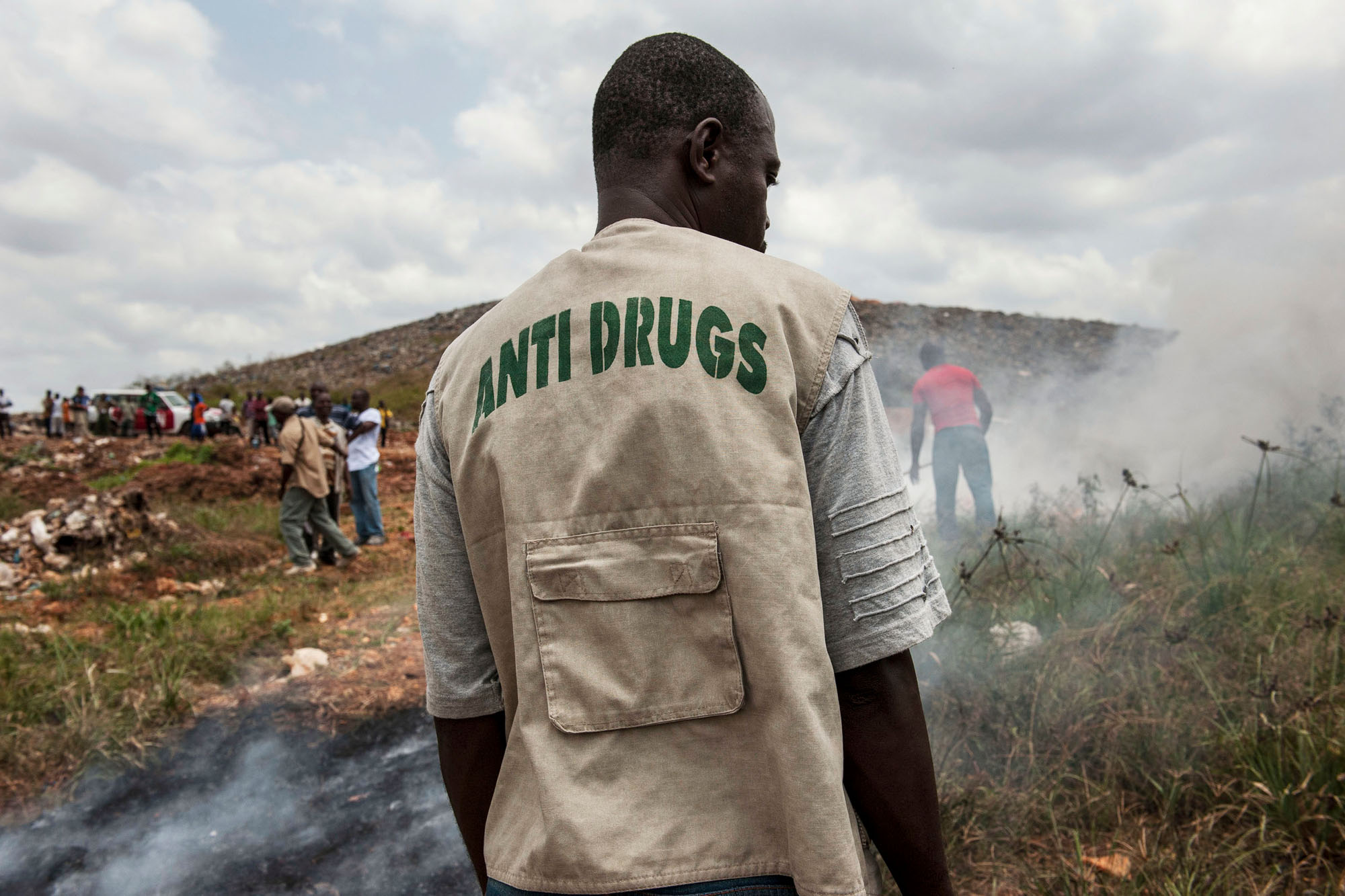Corruption is a major challenge facing the world today, with negative impacts on society and economic development, as well as democracy and the rule of law. It is often a root cause of conflict, fueling instability and inhibiting peace processes. Preventing corruption, promoting transparency, and strengthening institutions is crucial to achieving the Sustainable Development Goals. The 2023 International Anti-Corruption Day seeks to highlight the crucial link between anti-corruption and peace, security, and development, and the responsibility of everyone in overcoming this crime. This year’s commemoration celebrates the twentieth anniversary of the UN Convention against Corruption.
UNODC
Global crises, conflicts, and the climate emergency are escalating trafficking risks. Displacement and socio-economic inequalities are impacting millions of people, leaving them vulnerable to exploitation by traffickers. National responses, particularly in developing States, appear to be deteriorating. This World Day Against Trafficking in Persons (30 Jul) aims to raise awareness of the disturbing developments and trends identified by UNODC and calls to assess and enhance efforts to strengthen prevention, identify and support victims, and end impunity.
The International Day Against Drug Abuse and Illicit Trafficking (26 June) aims at combating misinformation and promotes sharing the facts on drugs — from health risks and solutions to tackle the world drug problem, to evidence-based prevention, treatment, and care. The Observance highlights data from UNODC’s World Drug Report, thus providing science-based, practical solutions to the current global drug problem. COVID-19 has brought unprecedented public awareness on health. A growing sense of global community and solidarity continues to emerge, as does the need to ensure health care for all.
Around 269 million people used drugs worldwide in 2018, 30 per cent more than in 2009, while over 35 million people suffer from drug use disorders, according to the latest World Drug Report. This field has been 'plagued' by misinformation. The United Nations emphasizes the need to improve understanding of the world drug problem and how better knowledge will foster greater international cooperation for countering its impact on health, governance and security. The 64th session of the Commission on Narcotic Drugs is being held 12 – 16 April, 2021.
From 1-4 December, UNODC is hosting the Education for Justice (E4J) Global Dialogue Series. More than 35 online interactive panels will discuss how the international education community is working towards teaching justice and rule of law issues, with inspiration from innovative approaches from around the world to ensure that learning never stops even during a global pandemic. Join E4J and see how the UN and its partners are reimagining education for a more just world, and inspiring change together!
The field of addressing the world drug problem is 'plagued' by misinformation of many kinds. In 2020, the International Day Against Drug Abuse and Illicit Trafficking emphasizes the need to improve the understanding of the world drug problem. The theme “Better Knowledge for Better Care”, embodies how better knowledge will foster greater international cooperation for countering its impact on health, governance and security. UNODC encourages individuals, non-profit organizations, the private sector and Member States to use their resources to get involved in its social media campaign.
Organized crime thrives in times of crisis. We must ensure COVID-19 does not provide new opportunities for human traffickers. During lockdowns, those in domestic or sex work are more exposed to violence and abuse. Migrants and seasonal workers face more precarious working conditions.
From selling fake coronavirus cures online to cyberattacks on hospitals, crime and misinformation is also increasing during the COVID-19 crisis. The United Nations has stepped up its fight against a proliferation of false information about the virus. The excessive amount of information, infodemics, can hamper an effective public health response and create confusion and distrust among people. Secretary-General António Guterres has also warned about the dangerous epidemic of misinformation.
The International Narcotics Control Board (INCB) will launch its 2019 Annual Report and Precursors Report on 27 February 2020 (11 am CET). The report this year has a special focus on improving substance use prevention and treatment services for young people. It also addresses global inequalities in access to pain medications and highlights the prominent role of cannabis among adolescents and adults. Regional developments, among them the opioid crisis in North America and the need to address the illegal drug economy in Afghanistan, are also covered.







